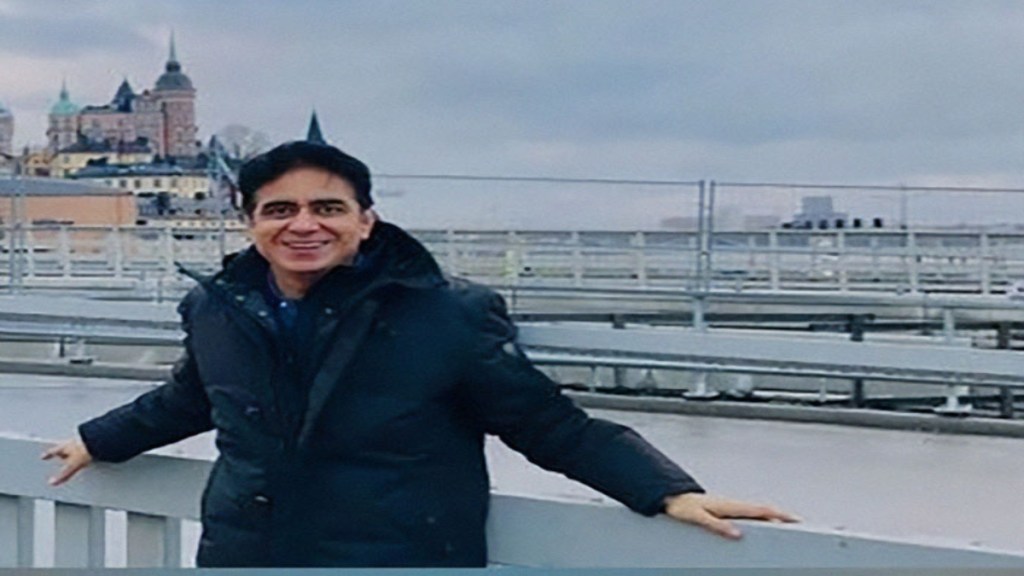Air India plane crash: Captain Sumit Sabharwal, the 56-year-old pilot at the helm of the ill-fated Air India flight 171, is being remembered by friends and colleagues as a man of few words but deep integrity. While cockpit recordings indicate he may have cut fuel supply moments before the tragic crash in Ahmedabad that killed 260 people, those who knew him describe a life devoted to safety, discipline, and quiet sacrifice.
Having logged over 15,600 flying hours, including more than 8,500 on the Boeing 787 Dreamliner, Sabharwal’s record until 12 June was spotless. A veteran since joining Air India in 1994, he transitioned from the Boeing 777 to the Dreamliner in 2015, mastering its controls with unwavering professionalism.
‘Sad sack’ with a gentle soul
Friends recall Sabharwal’s melancholic demeanour, earning him the affectionate nickname “Sad Sack.” But beneath the brooding eyes lay a pilot with unmatched clarity and kindness. Captain Kapil Kohal, a long-time friend and fellow Air India pilot, described him as “quiet, reserved, deeply humble” and said his soft voice often needed repeating, reports The Telegraph.
“Despite four stripes, he never threw his weight around,” said Kohal. “He was a hero in the cockpit and a mentor to many. His room during training had just two shirts and two pairs of shoes. Minimalist. Focused.”
Former colleague Neil Pais echoed the sentiment: “He never raised his voice, never lost his temper. Yet, he never compromised on safety. If something was wrong, he’d say it but always gently.”
Sabharwal was battling personal grief in silence. Since the death of his mother in 2022, he had moved from Delhi to Mumbai to live closer to his elderly father, whom he cared for deeply. He had also separated from his wife and was considering early retirement to be with his father full-time.
Sunil Lokhande, the security guard at his Mumbai residence, recalled Sabharwal’s last words before the crash was “Please, take care of papa. I’ll be back soon.” Lokhande added that the captain often brought fruits and shared meals with him. “You’d never guess he carried any sadness inside,” Lokhande said, as quoted by The Telegraph (UK).
Unanswered questions in the cockpit
The Aircraft Accident Investigation Bureau (AAIB) report revealed that both engine fuel switches were moved to the cut-off position, resulting in catastrophic loss of thrust. A US black box data assessment suggested Sabharwal himself may have operated the switches. First Officer Clive Kunder, who was co-piloting the Dreamliner, questioned why the captain would take such an action.
Though the report stops short of assigning blame, it has led investigators to examine Sabharwal’s medical history amid claims of depression. His last Class I medical clearance, however, was passed as recently as September.
Amid speculation and scrutiny over the plane crash, Sabharwal’s friends have pushed back against narratives of fault. “Whatever anyone says, he stayed with the aircraft until the end,” said Kohal. “He followed every protocol. He was an ace pilot and to me, a true captain.”


